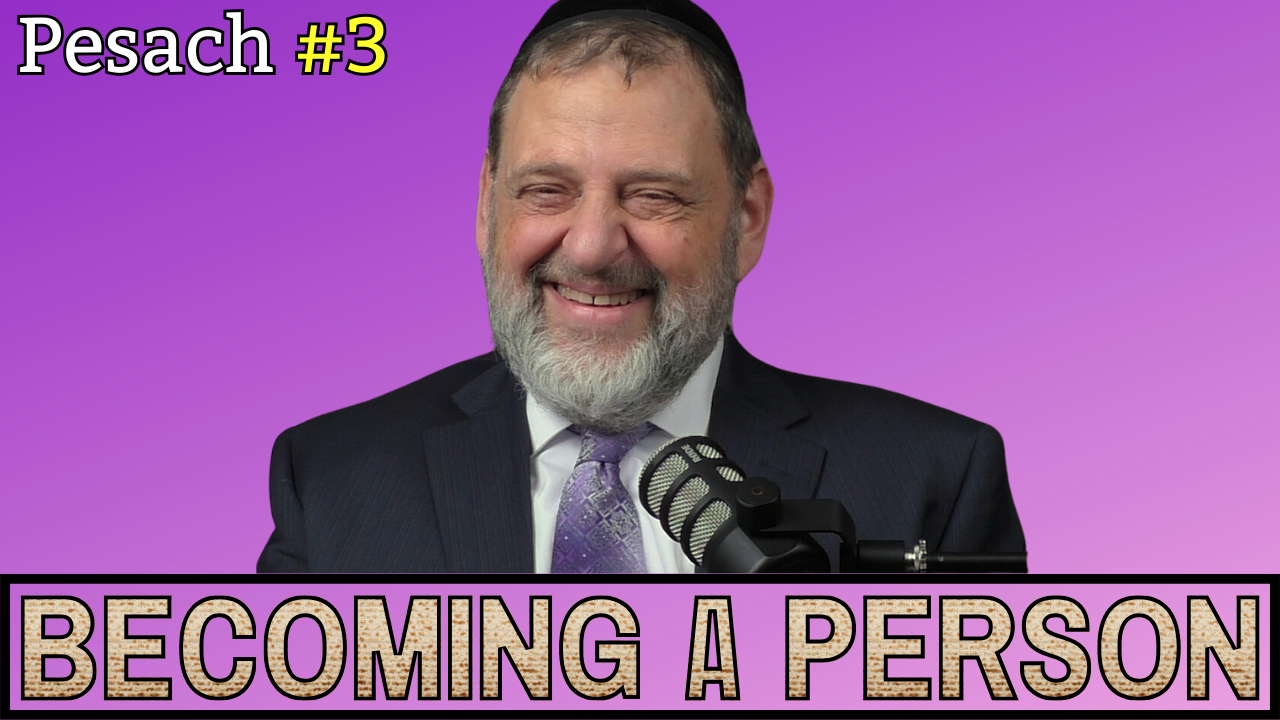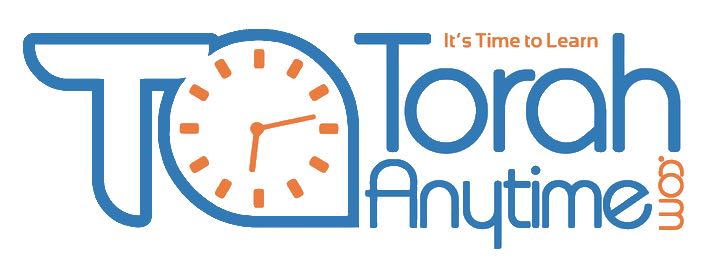The Four Sons Part 5 - the She'aino Yodeah Lishol
/“The son who does not know how to ask - you must open the topic for him, as it is written:
”You shall tell your child on that day: `It is because of this that God did for me when I left Egypt””
The last of the four sons is the sheaino yodeah lishol, the son who doesn't know how to ask. There is no need to examine his question because there isn't one. Now we parent/educators (and of course the terms are synonymous) must use our best skills to answer the question that hasn't been asked.
A survey was done some years ago asking people if they believed the two greatest problems confronting our society were ignorance and apathy. One person responded, "I don't know and I don't care." Apathy is often the hardest evil to battle.
“There is no need to examine his question because there isn’t one.”
The Ramchal in Mesillas Yesharim provides a level by level approach to attaining perfection. The first level he deals with is zehirus, which he defines as thinking. Define your values and then examine your actions to see if they are consistent with those values. The Ramchal warns you, however, that this is not easy, because the yetzer hara also understands that this is the key to achieving greatness. He says, "the yetzer hara knows that if you start to think about your actions even a little, then you would immediately begin to regret your bad actions. That regret would grow within you until you would abandon the bad behavior completely."
The Last Straw
This is exactly the same method used by Pharaoh in Egypt, he explains. When Moshe and Aharon tell Klal Yisroel that the time of redemption had arrived, they believed them. They then appeared before Pharaoh to demand the release of the Jewish people. Pharaoh responded by demanding that the Jews from now must on find their own straw to make the bricks. This way, he says, they won't have time to think about being redeemed.
It seems strange that Pharaoh didn't merely increase the quota of bricks they had to produce. Why make them get their own straw? Pharaoh knew that the work of making bricks is hard, but it still leaves you some time to think. Take away the straw and they will spend all their time thinking only of straw. Where can I find some, maybe there's some left in the other field, what if someone else gets it first? This will insure that they will have no time left to think.
“Who has time to think about redemption when I’m focusing all my mental energy on straw?”
And the method proved extremely effective. When Moshe came to the people for a second time in Parshas Va'era, the Torah tells us that they didn't listen to him because of "the shortness of spirit and the hard work." Who has time to think about redemption when I'm focusing all my mental energy on straw? I heard from Rabbi Avraham Twersky that if Moshiach came today, he would be met with the same situation. People are so busy answering their cellphones, crushing candy on their iDevices, and working overtime at their jobs, that there is little time left for thoughts of geula.
Not Thinking
The Mesillas Yesharim tells us a fact - there are people who don't stop to think about what they are doing or where they are going. They never acquire the midda of zehirus because the yetzer hara never lets them think. The sad truth is, this represents the majority of people. How many people have you met who really do a cheshbon hanefesh, who spend time planning and reviewing their life? Everyone acknowledges that this is worthwhile, so why don't they do it? Simply because the yetzer hara knows it will change your life forever, so he fights valiantly to stop you from thinking. There is a lot of evil in the world that doesn't come from people trying to do wrong. They just don't think.
“A lot of the evil in the world doesn’t come from people trying to do wrong. They just don’t think.”
That's why the answer to the sheano yodea lishol is the same as the answer to the rasha: "this is because of what Hashem did for me, when He took me out of Egypt." We challenge the apathetic, the overwhelmed and the unthinking with the wonderful thing we have. Hashem, the Creator of the Universe, who sustains the entire world, came to us on this night and carried us away from Egypt in His arms to freedom. On this night, every year, there is a burst of Divine love that we can once again experience. That's why we're sitting at the Pesach seder. Even the most apathetic participant has to look in wonder at such a sentiment.
On more than one occasion I have been challenged by non-observant people in their twenties and thirties. They claim that they live life any way they choose and do whatever they want. I, on the other hand, am forced to live this repressive and restrictive lifestyle. So why, they ask me, obviously troubled, do I seem to be having more fun in life than them? The answer is simple - this is what Hashem did for me when He took me out of Egypt. I have something better. I have a close, loving relationship with HaKadosh Boruch Hu. And, I explain, so can you.
Before we conclude this series of articles on the mitzva of telling the story of yitzias mitzrayim, I would like to offer a few practical seder tips, in the next article.
[A version of this article originally appeared on Chazaq.org]
Illustrations adapted from the Katz Haggadah © 2017 Rabbi Baruch Chait & Gadi Pollack. Used with permission.
The Four Sons Series
This series is available as an ebook










🤗 Sponsorship opportunities: https://rabbiorlofsky.com/sponsor